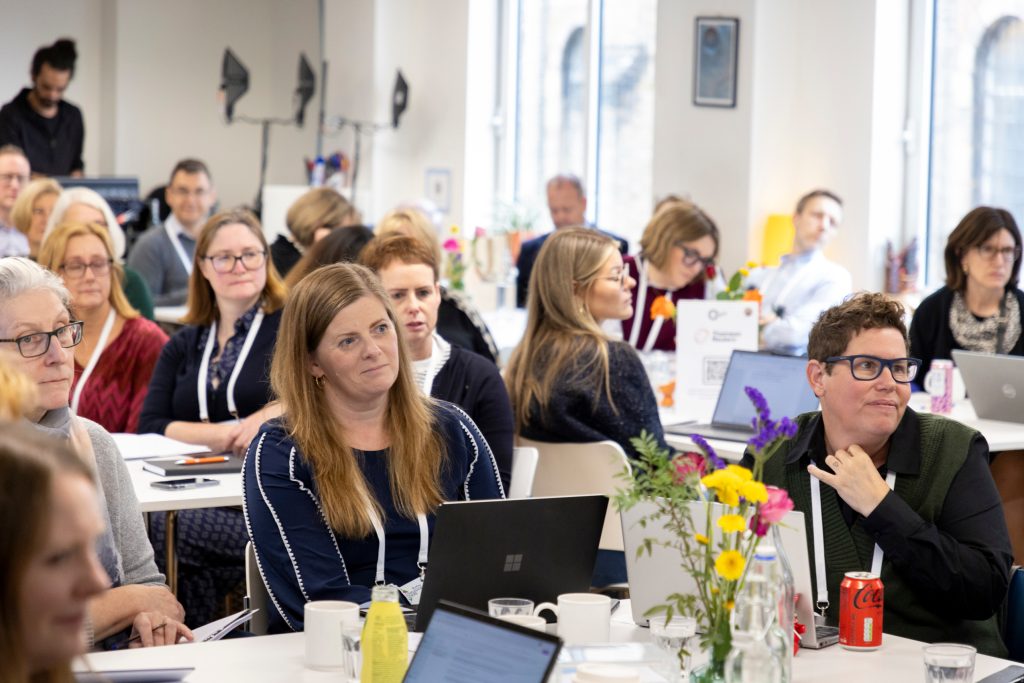Building a knowledge-sharing culture: it takes more than just tech
Collaboration, inspiration, and innovation — ask any knowledge leader to define the most valuable aspects of the knowledge-sharing function, and you’ll likely hear at least one of these words.
These three themes dominated every conversation (that I heard, at least) at this year’s Briefing Knowledge Leaders 2024 event, as 60 experts from lots of top law firms gathered once again to share their views, insight, and personal experiences on the knowledge-sharing front — among other business management and organisational change considerations for this hugely busy group.
Although the potential role for technology here never seems to stop growing, and this has been dominating discussions among leaders, a key theme highlighted throughout the day-long event was the importance of the human connections and collaboration in driving knowledge sharing.
Building a ‘knowledge-first’ culture is not an easy task though, and definitely one that takes time. During the event, leaders learned more about what this process might entail, and how to try to direct culture in a meaningful way, without falling into traps along the way.

Experts also got the chance to look at knowledge-sharing through a new lens: that of a storyteller. Guests heard how storytelling can be more than just a way to entertain children. It’s also a very effective way of encouraging knowledge-sharing in a more informal way.
They were told how storytelling — dubbed “knowledge management (KM) in the wild” by one expert — enables lawyers to exchange less visible ‘tacit’ knowledge. More specifically, it unveils useful information about a firm’s own people and clients gained from personal experience, that cannot be as readily codified, nor found in precedents or other documents, but which forms a foundation for a more pragmatic knowledge base.
Of course, no conversation about knowledge-sharing would be complete without discussing the intricacies of legal tech and its impact on the KM function. Despite the rapid growth of products offering efficiency gains through artificial intelligence — particularly generative AI (genAI) — and the hype around its significant potential for innovation in the legal sector, the conversations and presentations highlighted that AI’s role is very much to augment, rather than replace people in the picture.

The group also heard how KM leaders now have a new responsibility: facilitating better conversations between lawyers in the current hybrid working environment, to drive informal knowledge sharing while reinforcing a firm’s work culture.
One thing all knowledge leaders agreed on: for the KM function to support firm growth, and for proactive, relevant knowledge-sharing to become embedded in the fabric of a law firm, it takes more than just legal tech — communication and collaboration are essential.
If this has sparked your curiosity, visit the official Briefing Knowledge Leaders 2024 page to learn more about the event!





